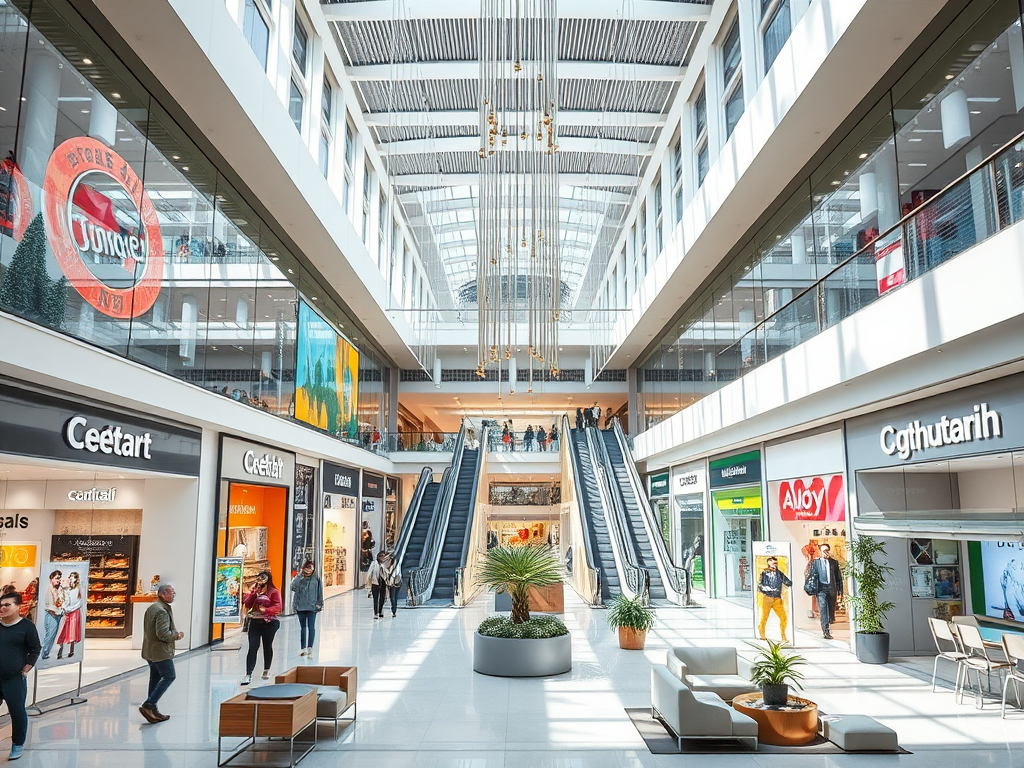Trends in Retail Marketing in Hong Kong
The retail landscape in Hong Kong has undergone significant transformations in recent years, driven by technological advancements, changing consumer preferences, and economic shifts. As retailers adapt to these changes, several key trends have emerged that are reshaping retail marketing strategies in this vibrant market.
1. Digital Transformation and E-commerce Growth
The COVID-19 pandemic accelerated the shift towards e-commerce, with more consumers embracing online shopping. Retailers in Hong Kong are increasingly investing in digital marketing strategies to reach their audience. This includes optimizing websites for mobile use, leveraging social media platforms, and utilizing targeted online advertising.
Key Strategies:
- Omnichannel Marketing: Retailers are integrating online and offline experiences, allowing customers to seamlessly switch between channels.
- Personalization: Tailoring marketing messages and product recommendations based on customer data enhances engagement and conversion rates.
2. Social Commerce
Social media platforms are becoming vital channels for retail marketing in Hong Kong. Brands are leveraging platforms like Instagram, Facebook, and TikTok to engage with consumers through shoppable posts and live-streaming events.
Key Strategies:
- Influencer Partnerships: Collaborating with local influencers can amplify brand visibility and build trust with target audiences.
- Interactive Content: Engaging consumers through polls, quizzes, and contests on social media enhances brand interaction.
3. Sustainability and Ethical Consumption
With growing awareness of environmental issues, consumers in Hong Kong are increasingly seeking sustainable and ethically-produced products. Retailers are responding by promoting eco-friendly practices and offering transparent supply chain information.
Key Strategies:
- Sustainable Marketing: Highlighting sustainability efforts in marketing campaigns resonates with environmentally-conscious consumers.
- Community Engagement: Initiatives that support local communities or environmental causes can enhance brand loyalty.
4. Experiential Retail
Physical retail spaces are evolving into experiential hubs where consumers seek unique and memorable experiences. Retailers are focusing on creating immersive environments that encourage in-store visits.
Key Strategies:
- Pop-up Stores: Temporary installations can generate buzz and attract foot traffic, offering exclusive products or experiences.
- In-store Events: Hosting workshops, product launches, or live demonstrations fosters community engagement and enhances the shopping experience.
5. Data-Driven Marketing
The use of data analytics is becoming essential for retailers to understand consumer behavior, preferences, and trends. By leveraging data, brands can make informed marketing decisions and optimize campaigns for better results.
Key Strategies:
- Customer Segmentation: Analyzing purchasing data allows retailers to segment their audience and tailor marketing messages effectively.
- Predictive Analytics: Utilizing data to anticipate consumer trends and preferences helps retailers stay ahead of the competition.
Conclusion
As the retail landscape in Hong Kong continues to evolve, retailers must adapt to these emerging trends to remain competitive. By embracing digital transformation, focusing on sustainability, and creating engaging customer experiences, brands can thrive in this dynamic market. Staying attuned to consumer preferences and leveraging innovative marketing strategies will be crucial for success in the ever-changing world of retail marketing in Hong Kong.

